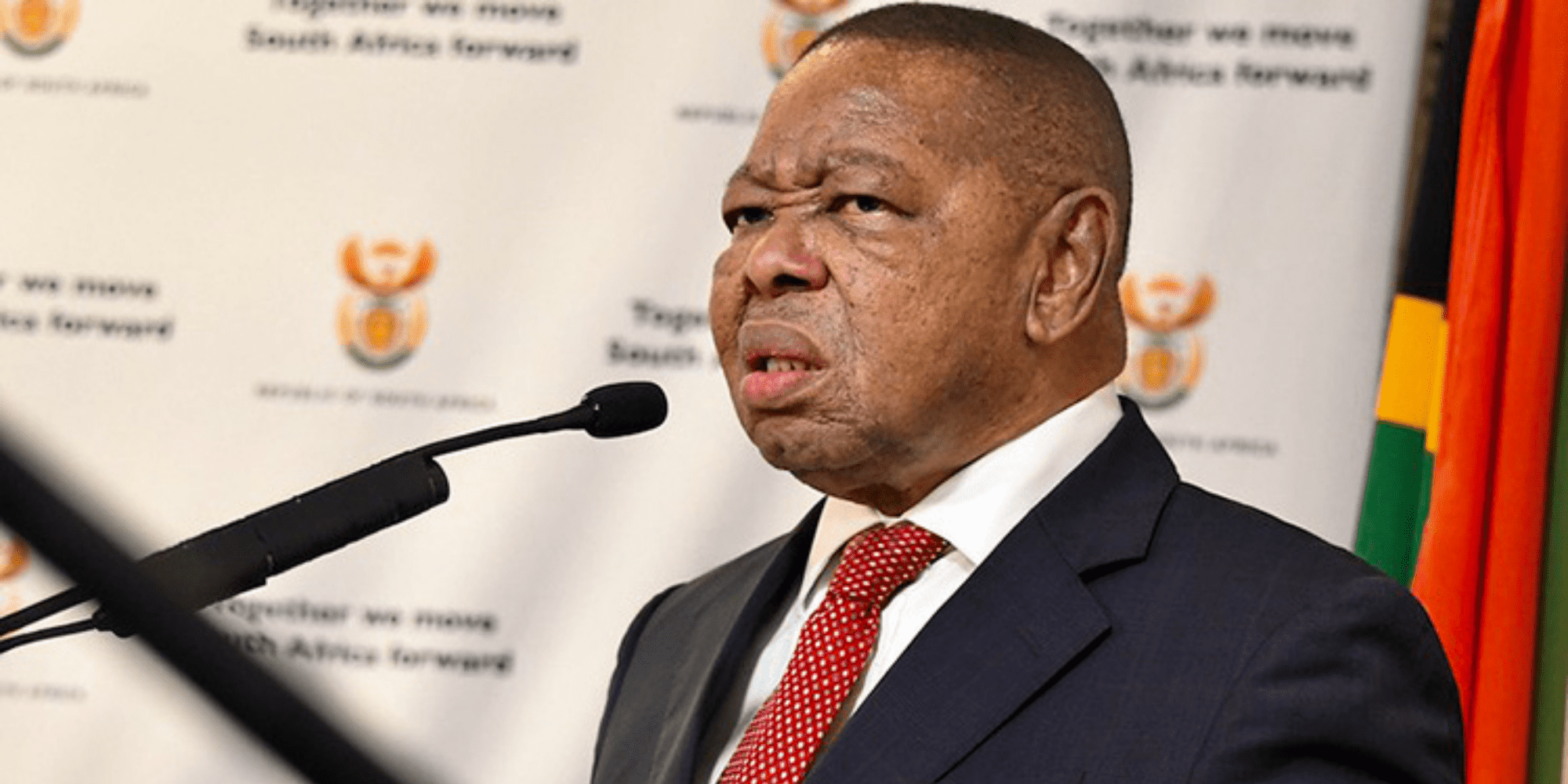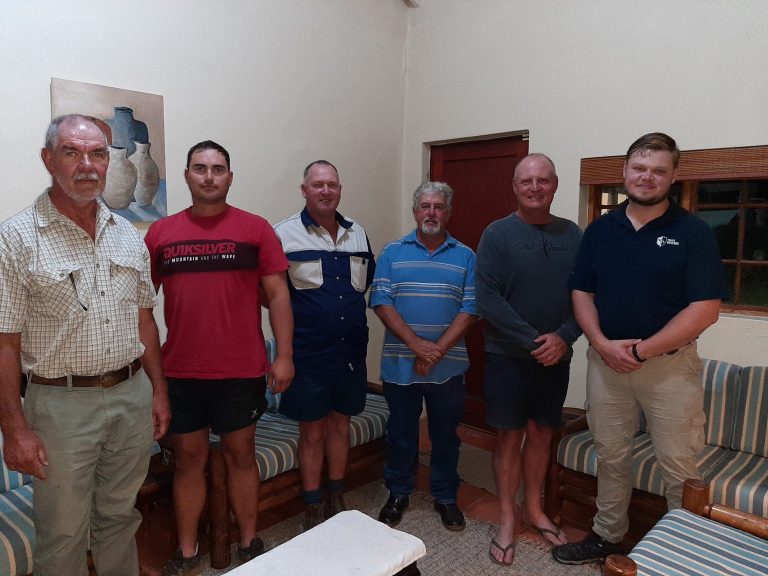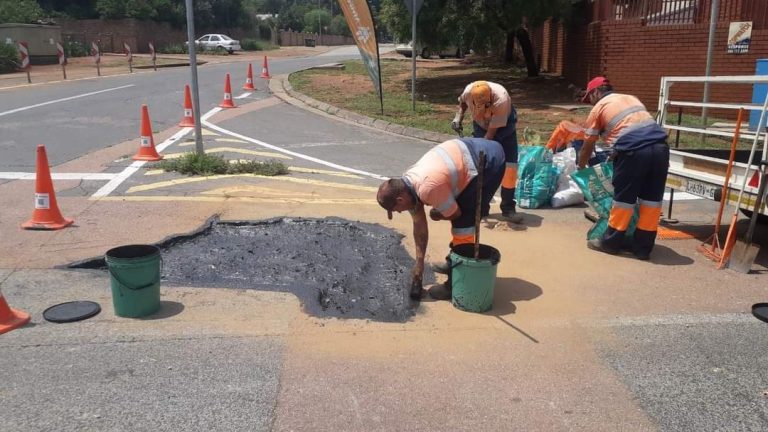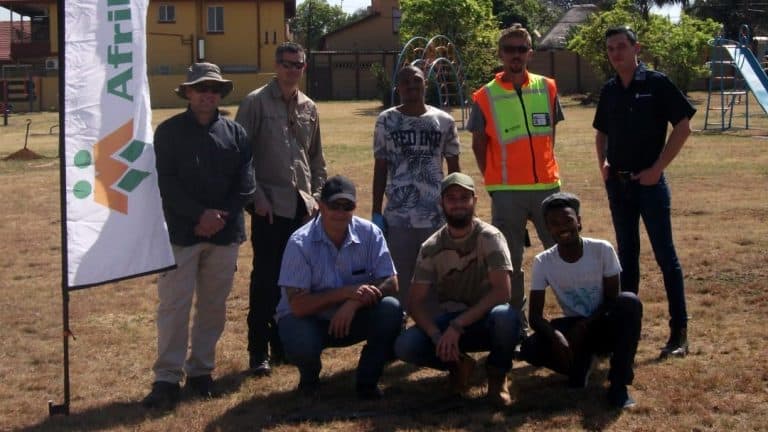AfriForum says language communities are tired of language gymnastics like that of Nzimande
In response to the latest controversy about the status of Afrikaans as indigenous language and its position in the language policy framework for higher education institutions, AfriForum emphasises that it is clear that language communities have to take responsibility for their languages’ protection, growth and survival themselves.
Alana Bailey, AfriForum’s Head of Cultural Affairs says that anyone who believes that the ANC is either serious about multilingualism in the country, or the promotion of diversity, is naïve. She refers to the fact that no public tertiary education institution can offer all courses in Afrikaans any longer. “Even where institutions try to accommodate and develop other indigenous languages, they face challenges to get the necessary funding. A language policy framework for tertiary institutions is necessary, but of much more importance is support to the institutions to make its implementation possible.”
“In the nineties of the previous century, the ANC’s attitude towards indigenous languages (including Afrikaans) can be described as one of benevolent neglect. Currently, however, it is one of promoting English at the expense of all other languages – not only in education, but at all levels and areas of government. Nzimande’s linguistic gymnastics about where Afrikaans, the Khoi and San languages fit in, and the controversial Bela Bill are examples of the ANC’s drive to enforce monolingual English education at all costs. In other areas, institutions such as the Pan-South African Language Board, the Commission for the Promotion and Protection of the Rights of Cultural, Religious and Linguistic Communities (the CRL Rights Commission) and the South African Human Rights Commission are supposed to protect language rights, but they are hampered by challenges such as underfunding, cadre deployment and a lack of executive powers,” Bailey adds.
According to Bailey, it is clear that language communities that are serious about their language rights have to step in themselves to establish their own education institutions and promote their languages. Based on several recent academic gatherings, she believes that this awareness has taken hold in various language communities in the country and that cooperation between communities is thriving outside government spheres.
“This also means that more people see through the lip service of government representatives about the value of mother-language education, multilingualism and diversity and will join forces to hold ministers like Nzimande accountable for language rights violations – including with litigation where required,” Bailey concludes.











